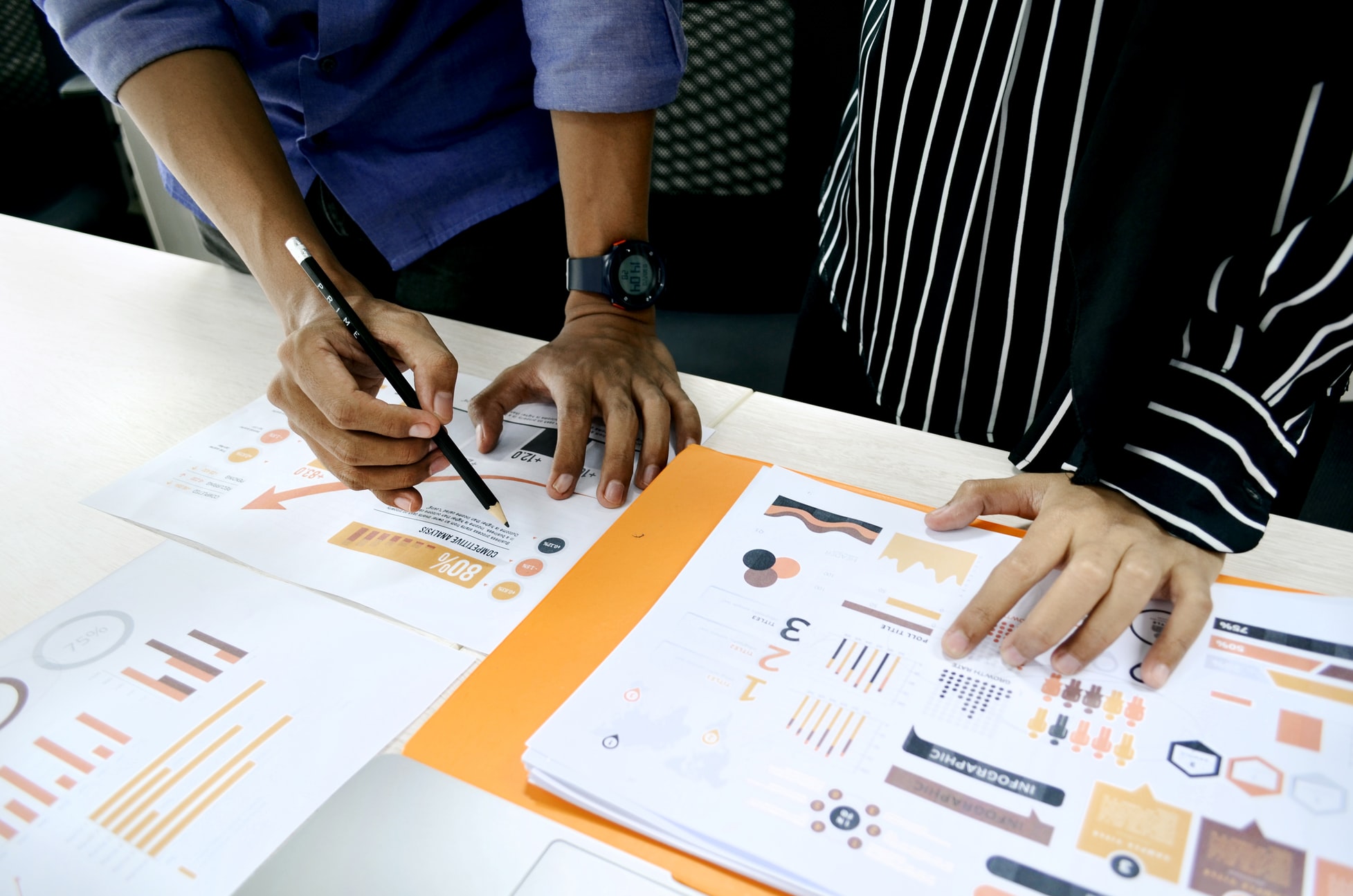CAPABILITY EXPERIMENTATION
A Capability Experiment in Progress
The Cordillera’s team of highly experienced PRINCE 2 Project Managers and Concept Development and Experiment (CD&E), Subject Matter Experts (SMEs) are able to offer commercial and military clients a well tried and tested capability development programme with support from experimentation and wargaming. We are able to deliver the integrated capability design, illustrated below, which will allow clients to use a unique set of tools, capabilities and SMEs to enhance capability development and capacity building. In addition to our range of training courses, our SMEs can provide support and advice on the future operating environment, strategic trends, future physical and technology threats, planning, concept and doctrine writing, programme management, red teaming, modelling and simulation and capability experimentation support.
Capability Design Programme for Commercial & Military Clients
Cordillera has a proven track record of delivering future capability development projects. Our company also tracks developing and emerging technologies, threats and risks which allows us to deliver a future looking, adaptable and innovative approach to capability development. Cordillera has delivered CD&E services to the following clients: The World Bank; The City of Norfolk; The Hampton Roads Region; The City of Denver; Barclays Bank; Deutsche Bank; The University of New South Wales, Canberra; Defence Research & Development, Canada, Development, Concepts & Doctrine Centre, Shrivenham, UK; Defense Advanced Research Projects Agency, USA; Defence Science & Technology Laboratory, UK; NATO HQ SACT; NATO HQ SHAPE; The British Army; The United States Marine Corps.
To enable CD&E requirements to come to life, we use a number of tools and techniques to support the capability development process.
- Discovery Event
A discovery event is designed to build understanding, provide potential solutions, introduce novel concepts and help refine the question to be addressed. It is conducted against a loose hypothesis that bounds the event to make it achievable e.g. a high-level wargame.
- Table Top Experiment
A Table Top experiment is a relatively cheap methodology for creating an experiment environment. In a military environment it is as straight forward as a map on a table upon which different players place their ideas and concepts in the form of capability cards. These ideas are challenged and discussed by a “Red-Team” of critical thinkers who play the devil’s advocate. Depending on the capability you want to develop and analyse you can add additional players such as SMEs to stimulate the debate.
- A Matrix Game
Matrix games demand that players provide several specific arguments for the success of a proposed action. These are limited only by player imagination and feasibility. Other players can then make counter-arguments. If opposed, a short discussion leads directly to an adjudication outcome. Debates are time-limited to allow multiple actions and counter-actions in the game, so that the participants are forced to live with the consequences of their decisions over time. As the scenario permits, players are free to negotiate with each other, with completely open-ended outcomes. These characteristics stimulate free-thinking creativity and novel outcomes from the narrative generated in the game. Matrix games rely on an experienced facilitator/umpire who leads players through the process, suggesting moderations that the group can then discuss.
- Red Teaming
Cordillera through its involvement in the resilience, urban and urban littoral fields has created a number of innovative approaches for concept development and training. Cordillera has also developed a Red Teaming capability to compliment its capability development, exercise and training programme. Modelling and red teaming is used to improve the development environment, stimulate debate and encourage critical thinking. Further, it creates a better understanding of the operational environment or the problem being addressed and allows the testing of various capabilities and ideas. Cordillera Red Teaming and modelling support encourages the challenge and evaluation of existing methodologies and planning to ensure they are fit for purpose. This approach also allows for the identification of new opportunities.
- Modelling & Simulation
With our partners Fabaris S.r.L (https://www.fabaris.it/) we are able to offer a future operating environment modelling and simulation capability. Cordillera supported the design and development of the “Archaria” urban model as a computer-generated visualisation of a future city with all the threats and risks built in. The model uses ArcGIS and ESRI software to provide participants with a 2-D and 3-D visualisation of the urban and urban littoral environment. Additionally, the 250 data layers within the model provide detailed information on how a smart city may look like in 2035 and this helps support the capability experimentation process. Furthermore, the modelling of future scenarios and the provision of red teaming will improve interoperability and identify where resources and time need to be allocated.
- Resilience, Threat and Operational Vignettes
Over the last 3 years Cordillera has worked with major public safety organisations of the Hampton Roads Region to create realistic training scenarios to increase resilience to current and identified future threats. In addition, with our partner GSDM (https://www.gsdm.global) we have created resilience solutions in response to conventional and emerging threats, risks and vulnerabilities. Our combined knowledge can assist public safety and management organisations to run through operational vignettes in a Table Top Exercise environment to identify vulnerabilities and capability shortfalls.
- Data Capture & Analysis Plan
Cordillera has an expert team of operational analysts who will work with the client to develop a Data Capture & Analysis Plan that is specific to their needs. The purpose of the data capture and analysis plan is to provide a framework that links the effects that are anticipated to be generated within game play through to the aims and objectives of the experiment. The DCAP supports the design and conduct of the wargame by identifying the data requirements that the event needs to generate. This is achieved through a combination of ensuring that the treatment is appropriate to achievement of the aims and objectives, ensuring that the players have the requisite knowledge, skills and experience and authority needed to generate credible evidence that is relevant to the aims and objectives and can also be related to operations. Additionally, understanding the relationship between the aim, objectives and expected effects allows the game design team to ensure that the scenarios, vignettes and runs are sufficient to stimulate player activity to generate relevant effects. In this way the DCAP supports the shaping of the game design. The DCAP also provides the guidelines to the execution team and importantly, the facilitators to keep the game on track towards the achievement of the game aims and objectives. Finally, the DCAP, in combination with the Risk Evaluation Matrix, provides the mechanism for technical assurance, to assist in ensuring that before execution, threats to the conduct of a successful experiment or wargame have been considered and mitigated as far as reasonably practicable, and that any residual risk is known to the sponsors and the delivery team.







